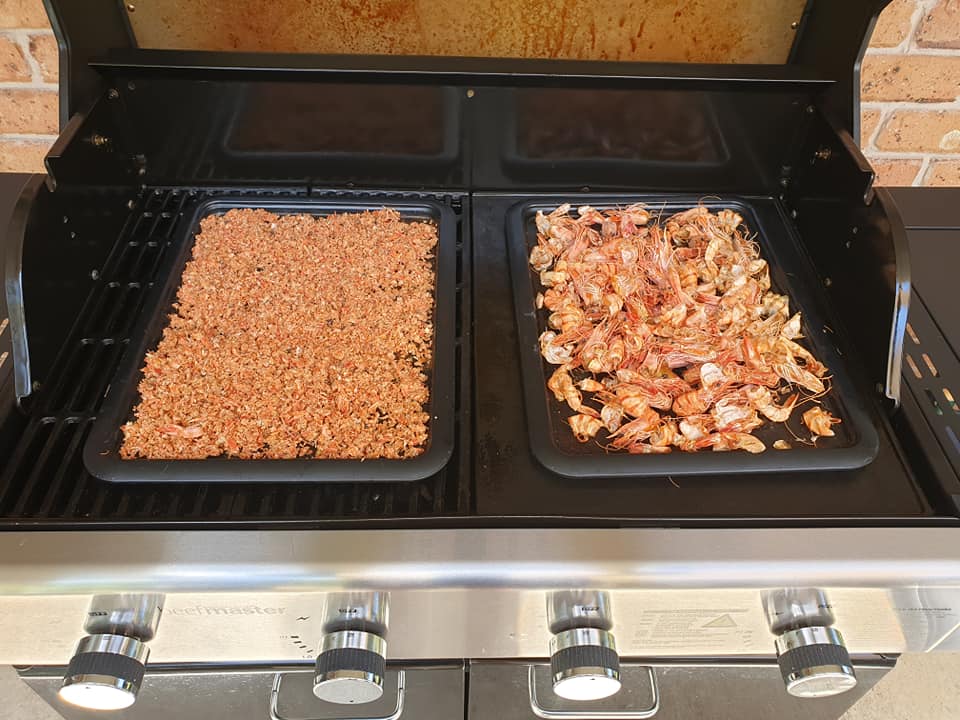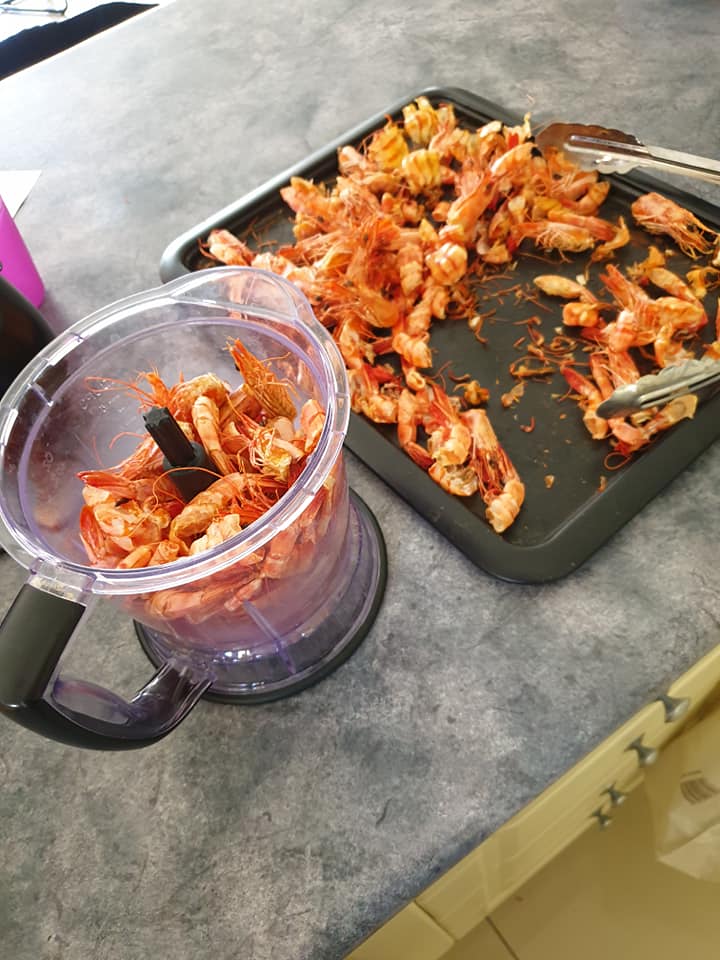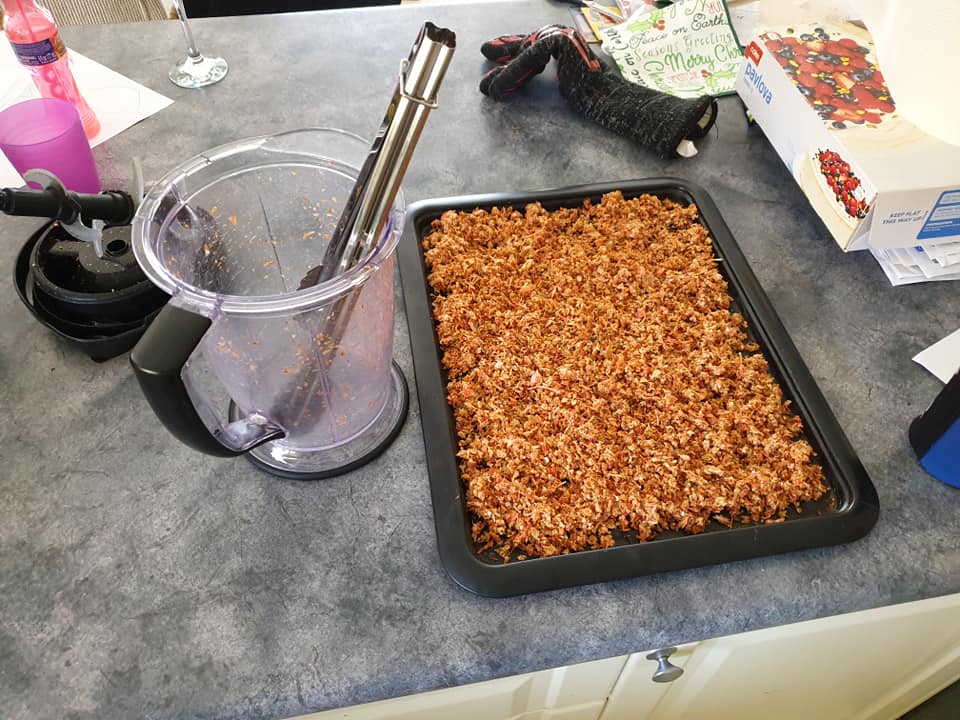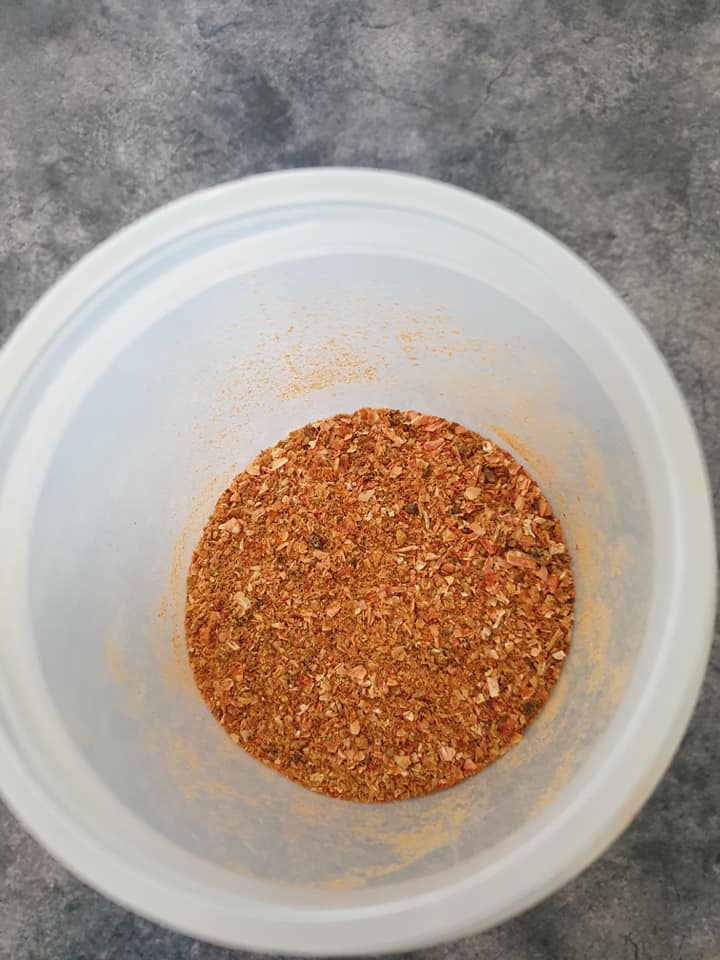Chitin for Plant Defence
What is Chitin?
Chitin is one of the most fascinating substances in nature, and it plays a crucial role in the health and defence of your plants. But what exactly is it? Chitin is a natural polymer found in the exoskeletons of arthropods (like insects and crustaceans) and the cell walls of fungi. It’s a complex carbohydrate similar to cellulose, but it has a unique molecular structure that gives it strength and resilience.
Understanding the Structure of Chitin
Chitin is made up of long chains of N-acetylglucosamine (GlcNAc), a derivative of glucose. This gives chitin its tough, fibrous nature. Its structure allows it to be incredibly durable, offering protection to the organisms that produce it. This durability is not only useful in the animal kingdom but also makes it a great asset in plant defence.
Sources of Chitin
The most common sources of chitin are insects, crustaceans (like prawns / shrimp and crabs), and certain fungi. If you’re into vermiculture or worm farming, you might be aware that chitin is also present in the bodies of worms. When chitin is broken down, it becomes a powerful compound that can help boost your plant’s immune system.
Chitin’s Role in Plant Immunity
Now that we understand what chitin is, let’s explore how it impacts plants. Plants, just like animals, have their own immune systems. When they sense a threat, they activate their defences. Chitin is a vital player in this process, as it can trigger the plant’s immune system to respond faster and more effectively.
How Chitin Triggers Immune Response
When plants encounter chitin, they recognize it as a sign of an invader. This could be an insect, fungus, or another pest. Chitin acts as a “warning signal” that something harmful might be nearby. In response, the plant activates its immune defences, which include the production of defensive chemicals and enzymes. This helps the plant strengthen its resistance to potential threats.
Chitin and Plant Resistance to Nematodes
Root-feeding nematodes are a significant problem for many gardeners. These microscopic worms can damage plant roots, leading to stunted growth, nutrient deficiencies, and even plant death. However, chitin can help plants fight back against these invaders.
The Role of Chitin in Defending Against Root-Feeding Nematodes
Studies have shown that when plants are exposed to chitin, they produce stronger, more resilient root systems. This is because chitin triggers the plant’s immune response, causing it to build a stronger physical barrier against nematodes. In addition, chitin may stimulate the production of certain chemicals in the soil that make it less hospitable to these pests.
Chitin’s Role in Protecting Plants from Soil Pathogens
Soil pathogens, such as bacteria and fungi, can be just as harmful to plants as pests. However, chitin has a powerful effect on boosting plant defence against these threats as well.
The Mechanism of Disease Resistance Triggered by Chitin
When plants detect chitin in the soil or on their roots, they increase the production of defence compounds. These include pathogenesis-related proteins and certain hormones, which can both directly kill pathogens or create an environment where they cannot thrive. This process makes chitin a valuable tool in organic gardening and sustainable agriculture.
Chitin as a Natural Pesticide
Besides boosting plant immunity, chitin can also act as a natural pesticide. It’s capable of interfering with the growth and reproduction of many harmful insects and pests. Chitin-based products are increasingly being used as an alternative to chemical pesticides, offering a more eco-friendly option for pest control in gardens and farms.
Practical Application of Chitin in Vermiculture
If you’re into worm farming or vermiculture, you’re probably already familiar with how beneficial worms are to the soil. But did you know that chitin can enhance the benefits of your worm farm as well?
Using Chitin-Rich Materials in Worm Farms
Chitin is present in many materials that worms feed on, such as shrimp shells or insect parts. These materials can be added to your worm bin to create a more nutritious environment. When worms consume chitin, they help break it down and release it into the soil as a valuable nutrient. This not only strengthens your worms’ immune systems but also boosts the microbial activity in the soil.
Enhancing Soil Health with Chitin
Adding chitin-rich materials to your worm farm improves soil health by encouraging the growth of beneficial microbes. These microbes help decompose organic matter and recycle nutrients, leading to richer, more fertile soil. Over time, this makes your plants stronger and more resilient.
The Environmental Benefits of Chitin
One of the best parts about using chitin is that it’s an environmentally friendly option. Unlike synthetic pesticides and fertilizers, chitin is biodegradable and doesn’t harm the ecosystem.
Chitin as a Sustainable Resource
Chitin is abundant in nature, and as it’s derived from organic materials, it’s a sustainable resource. By using chitin for plant defence, you’re tapping into a natural process that supports both plant and soil health without the need for harmful chemicals.
Chitin and its Potential for Reducing Chemical Inputs
Chitin can also reduce the need for chemical inputs in your garden. Since it boosts plant immunity, reduces pest damage, and improves soil health, it minimizes the need for synthetic fertilizers and pesticides. This can be a huge benefit for anyone interested in organic gardening or sustainable farming practices.
Conclusion: Why Chitin is a Game-Changer for Your Garden
Chitin may be an unsung hero in the world of plant defence, but it’s time we give it the credit it deserves. From triggering immune responses to defending against pests and pathogens, chitin plays a vital role in ensuring plant health. By incorporating chitin-rich materials into your garden or worm farm, you can enhance the natural defences of your plants, improve soil health, and create a more sustainable growing environment.
FAQs
- What is the best way to introduce chitin to my garden? Chitin can be introduced to your garden through materials like insect shells, prawn / shrimp shells, or by adding chitin-based products available at garden centres. These can be mixed into the soil or added to your compost bin.
- How does chitin help with nematode control? Chitin stimulates the plant’s immune system, causing it to produce stronger root systems that can better resist root-feeding nematodes. Additionally, it may alter the soil environment to deter nematodes.
- Can chitin replace chemical pesticides in gardening? Yes, chitin acts as a natural pesticide by disrupting the life cycle of certain pests and encouraging plants to produce their own defence mechanisms. It’s an eco-friendly alternative to chemicals.
- Can chitin help plants with fungal infections? Yes, chitin can trigger the plant’s defence mechanisms, increasing its resistance to fungal pathogens. It boosts the production of antimicrobial proteins that help fight off infections.
- How does chitin improve soil health in a worm farm? Chitin-rich materials added to a worm farm enhance microbial activity and improve soil structure, resulting in healthier, more fertile soil over time. This makes your plants stronger and better able to resist pests and diseases.








